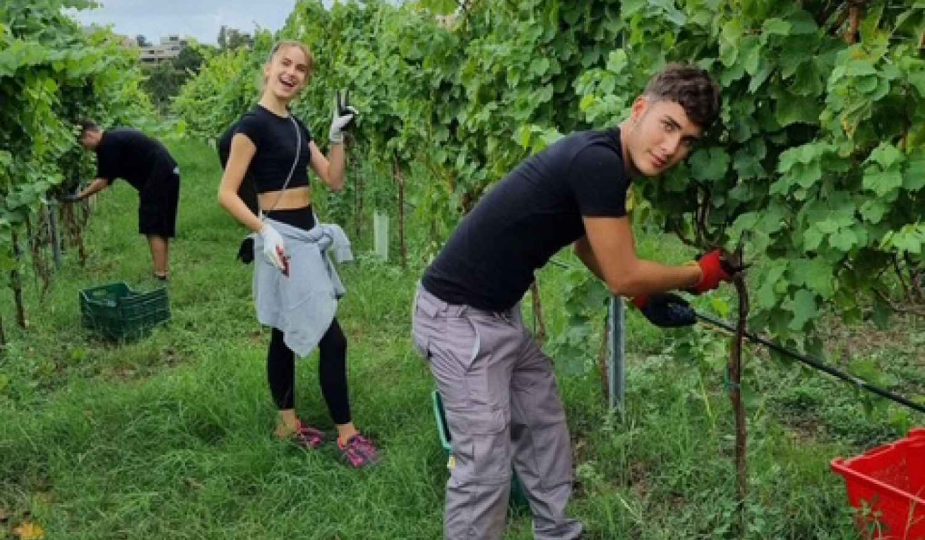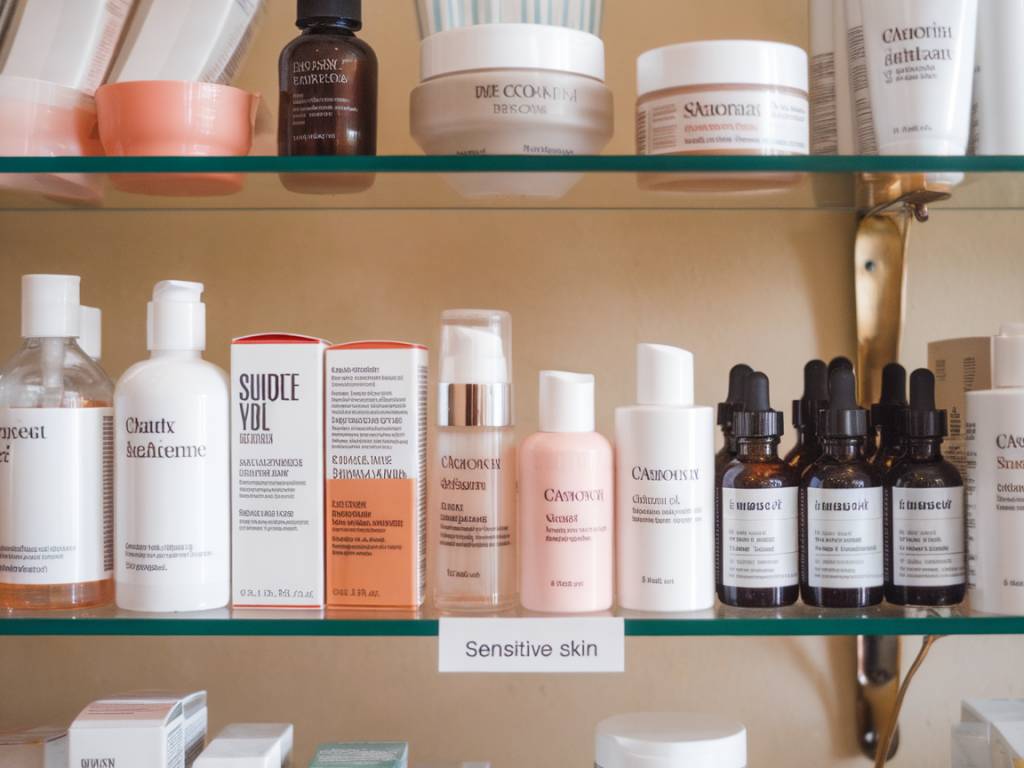An Innovative Brand Born in Italian Agrarian Schools
This autumn, the Ministero dell’Istruzione e del Merito (MIM) will launch the “Made in MIM” label, uniting products from Italy’s technical agrarian institutes under a single, high-profile brand. Until now, these student-run farms—renowned for their advanced technology and organic quality—sold their wines, oils, grains and preserves exclusively on school grounds. With “Made in MIM,” they will reach national and international markets, starting at Rome’s Fiumicino Airport and eventually expanding to other airports and Coldiretti’s Campagna Amica farmers’ markets.
A Diverse Catalogue of Over 100 Quality Items
Today, more than 100 products bear the new label, each accompanied by a detailed technical sheet. Highlights include:
- Wines: white, red, rosé and sparkling varieties made in small batches.
- Distillates: artisanal spirits reflecting local terroirs.
- Extra-virgin olive oil: cold-pressed and often organic, lauded for its terroir-driven flavours.
- Staple foods: rice, pasta, honey and jams crafted on-site by students.
Each institute selects its flagship produce based on its regional heritage and available land, creating a mosaic of flavours that truly represents Italy’s agrarian diversity.
From Classroom to Commercial Market
The “Made in MIM” initiative is more than a sales channel; it’s a hands-on teaching tool. By managing real-world production, packaging and marketing, students acquire:
- Agricultural expertise: soil management, harvesting techniques and crop rotation.
- Technological skills: use of precision farming equipment, data monitoring and digital traceability systems.
- Business acumen: inventory control, pricing strategies and quality assurance.
- Soft skills: teamwork, communication and customer interaction at markets and airport kiosks.
“Made in MIM allows us to produce more not for mere market speculation but to teach our students varied agricultural models, both traditional and high-tech,” explains Attilio Ferraiolo, head of the Garibaldi agrarian institute in Rome.
The Garibaldi Example: 76 Hectares of Learning and Production
At the Istituto Garibaldi in Rome, students manage 76 hectares of vineyards, olive groves and fields. Annual outputs include:
- 30–35 quintals of extra-virgin olive oil, typically sold out by December.
- 5 500–6 000 bottles of wine, from robust reds to crisp whites.
- Fresh produce and vegetables grown in on-site greenhouses.
“Agriculture is no longer simply digging in the dirt. Today’s students, often digital natives, engage with cutting-edge technology that makes farming appealing,” Ferraiolo adds proudly.
Boosting Regional Development and Combating Depopulation
Many institutes are located in Italy’s internal and rural areas at risk of depopulation. By promoting local agro-food specialties under “Made in MIM,” the schools offer graduates viable career paths close to home. For instance, the De Sanctis–D’Agostino Amatucci institute in Avellino boasts:
- 30 000 bottles sold annually—including Taurasi DOCG, Fiano di Avellino DOCG and a Brut Rosé Metodo Martinotti.
- A legacy since 1879, when Francesco De Sanctis, then Minister of Education, founded the school to promote local viticulture.
“This school gave birth to nearly 300 wineries in our region. With ‘Made in MIM,’ we can now reach international travellers—and inspire our students to remain here and develop their own ventures,” says principal Pietro Caterini.
Gender Balance and New Generations
Historically male-dominated, agrarian institutes now welcome more female students every year. At Avellino, girls make up 20 % of the cohort, drawn by sustainable farming methods and the prospect of entrepreneurial opportunities. “We’re seeing strong interest from young women in the Irpinia area who want to launch their own agricultural businesses,” notes Caterini.
Next Steps and Expansion
The “Made in MIM” pilot involves 22 institutes in its first year. Success will see the network grow both in number of schools and range of curricula. Future plans include:
- Adding agritourism experiences—tastings and farm stays—under the brand.
- Introducing digital platforms for online sales and interactive educational content.
- Partnering with hospitality institutes to develop agro-enogastronomic events.
With a powerful combination of education, innovation and regional pride, “Made in MIM” embodies a holistic approach to agrarian training—cultivating both products and the next generation of agricultural leaders.









